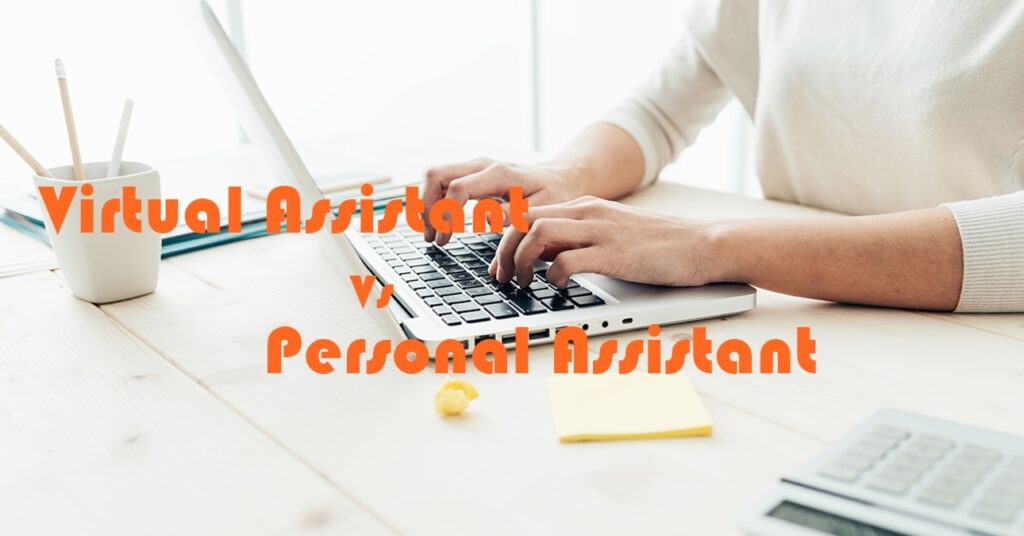If you want to delegate additional responsibilities in a professional setting, you can either turn to a personal assistant (PA) or a virtual assistant (VA).
This provides you with more flexibility as compared to being stuck with a single choice. At the same time, the similarity between both options can be quite confusing. This is especially true if you don’t have firsthand experience of dealing with both types of professionals.
To help you choose between a personal assistant and a virtual personal assistant, here’s a lowdown of both professions and what they bring to the table for your specific business.
What is a Personal Assistant?
A personal assistant is a professional who provides support for various tasks in an office setting. They are typically assigned to an individual and the responsibilities associated with them. But they can also work for a team and fulfill their professional requirements for a number of people.
Typically, PAs are tasked with handling administrative tasks such as managing phone calls, replying to emails, and organizing appointments. They can also handle personal tasks for the employer such as looking after their travel and transportation arrangements, as well as their personal shopping.
PAs are considered full-time employees. As such, they are entitled to all applicable employee benefits. They also follow the company’s internal policies for critical matters such as insurance and vacation days.
What is a Virtual Assistant?
A virtual assistant typically performs all the tasks that you expect out of a personal assistant. But they do it in a remote setting. This means that they are not available in your office and manage their work through digital communication.
Unlike a PA who works for a single employer, a virtual personal assistant often has multiple clients in place. Virtual assistants manage their time between these clients while fulfilling all the responsibilities that they are designated to handle for each of them. With that being said, a virtual assistant can also be hired on a full-time basis by an employer.
If virtual assistants are hired as a third-party contractor, their employer doesn’t need to pay for benefits or vacation days. Since they are not a conventional employee, the hiring process also doesn’t need to be as extensive as it is for the typical recruitment of a personal assistant.
Personal Assistant vs. Virtual Personal Assistant
Both PAs and VAs have a stark contrast to each other in some areas. But there are other aspects where their services stay the same.
Learning about these factors provides you with a deeper understanding of these differences and helps you make an informed decision in hiring these professionals.
Physical Availability is a Major Difference
While a personal assistant is located in your office, a virtual personal assistant works from their own premises that can be their individual office or their home.
Despite this distinction in location, virtual assistants can handle almost every administrative and back-office task that personal assistants can. They just do it through digital mediums.
Virtual Assistants May Have an Extensive Skill Set
While a personal assistant has a limited skill set, a virtual assistant can provide you with more expansive services.
For instance, you can find a VA who is just as capable of writing your website’s content as they are at managing your meetings. This extension of skills can apply in many areas, such as accounting and digital marketing.
Virtual Assistants Come With Lower Cost
Virtual assistants with special skill sets can come at higher charges. But they are still more affordable than regular personal assistants.
It’s because VAs don’t have the typical recruitment, employee benefits, and infrastructure costs associated with them. They also offer their regular services at a lower cost than conventional personal assistants. This makes them a more affordable resource for your workplace as compared to in-house PAs.
Why The Virtual Assistants Become More Popular
A personal assistant who is available in your office is more suitable for you if you want in-person services such as personal meal prep, escorting your guests between meetings, and running quick physical errands. These types of services are often required by traditional businesses in manufacturing, fashion, and entertainment industries.
But if you have a modern business or a budding startup, then a virtual personal assistant is the ideal fit for you. These assistants cannot be available in person. However, they can handle tasks such as food delivery and personal shopping through the use of third-party services in your area. VAs are an optimal solution for you if you work as a self-employed professional or deal with your own clients remotely.
The decision to choose between either type of assistant completely depends upon your discretion. But if you are comfortable with managing your communications on a remote basis, a VA can be the ideal choice for your business in terms of cost, efficiency, and productivity.

